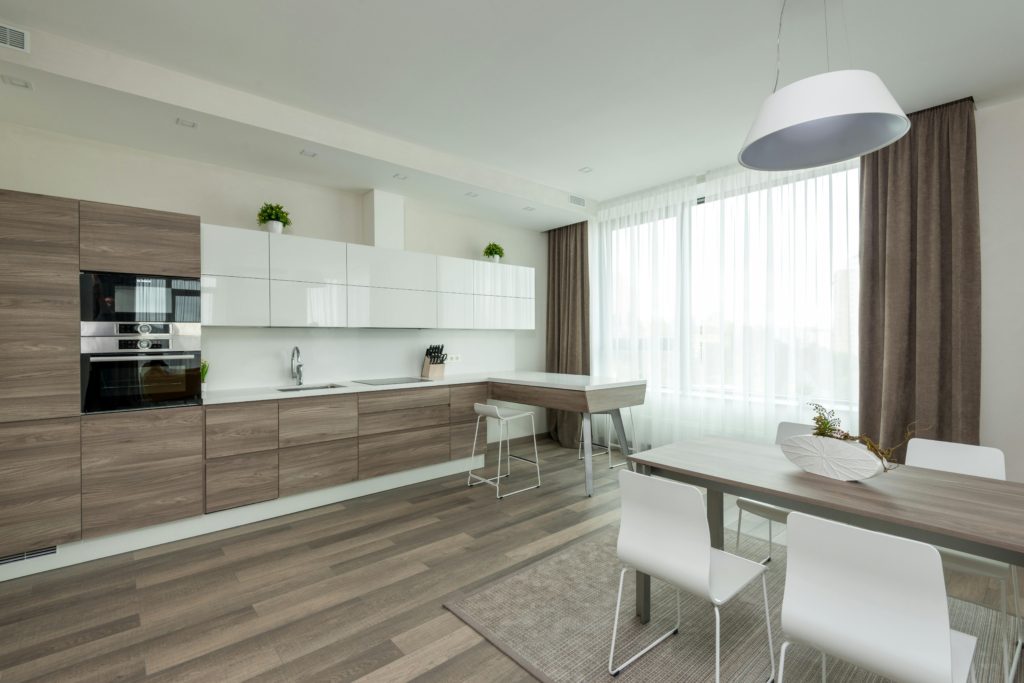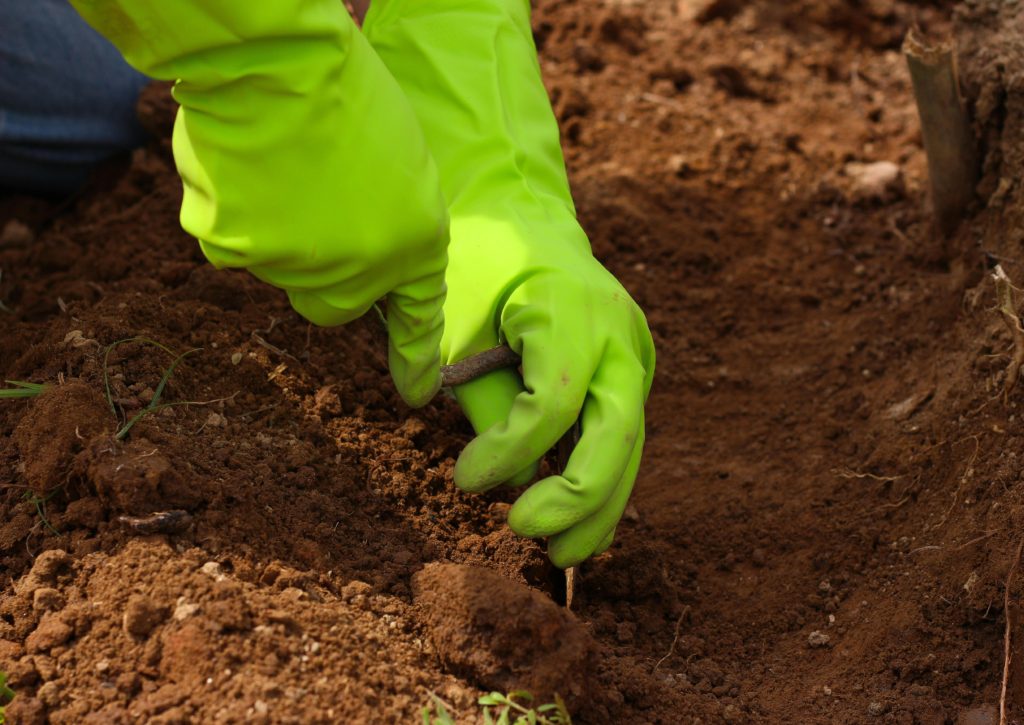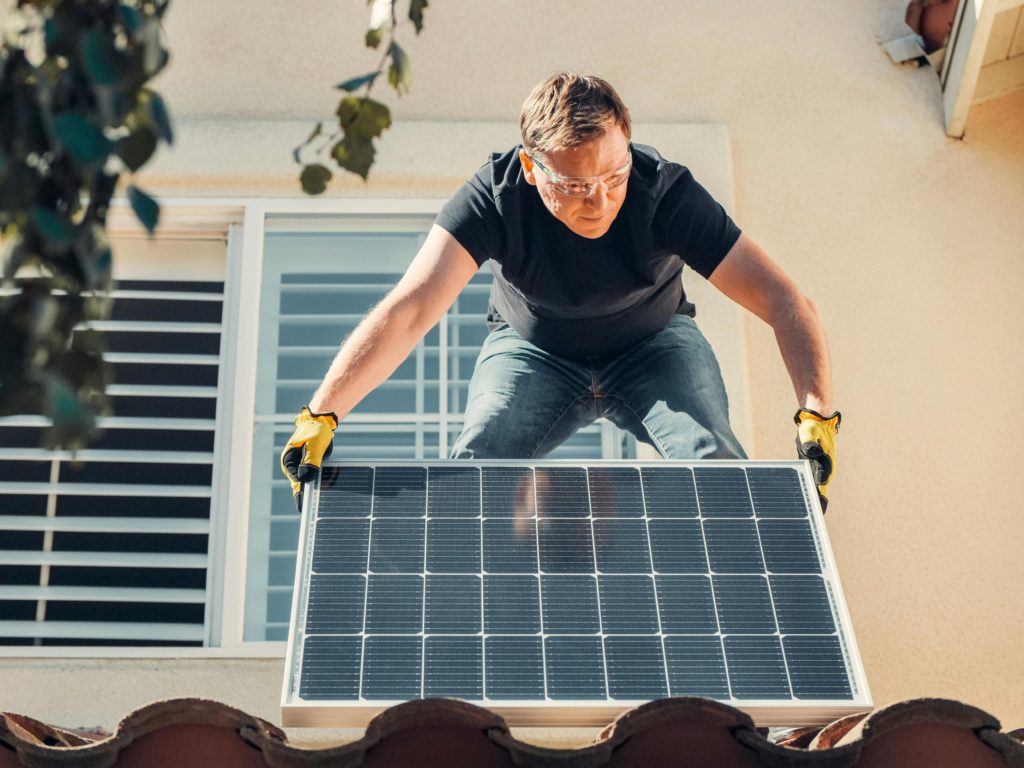In today’s era of heightened environmental awareness, the pursuit of eco-friendly renovation has become paramount for sustainable living. As homeowners strive to reduce their carbon footprint and create healthier living spaces, the demand for sustainable alternatives has surged.
Among the myriad of eco-conscious choices, one stands out for its significant impact – eco-friendly renovation. Embracing this ethos entails adopting practices and materials that prioritize environmental preservation without compromising on style or functionality.
In this article, we give details of the top tips for eco-friendly renovations in the UK, focusing on how individuals can incorporate sustainable practices into their home improvement projects.
Eco-friendly renovation not only helps to reduce our carbon footprint but also promotes a healthier living environment. If you’re planning a renovation project in the UK, below are some top tips to ensure your project is as eco-friendly as possible.
1. Choose Sustainable Materials

When embarking on an eco-friendly renovation, selecting sustainable materials is important and cannot be overemphasised. Opt for materials that are recycled, renewable, or sourced locally to reduce the carbon emissions associated with transportation. You can achieve this in eco-friendly renovation by looking for certifications such as Forest Stewardship Council (FSC) for wood products, and Cradle to Cradle for overall sustainability.
For example, consider using reclaimed wood for flooring or cabinets, recycled glass countertops, or bamboo flooring, which is rapidly renewable. These are the best choices because not only do they reduce the demand for new materials but also add unique character to your home.
2. Prioritize Energy Efficiency

The second way to achieve an eco-friendly renovation is by prioritizing energy efficiency. Start by assessing your home’s energy usage and identify areas where improvements can be made. Upgrading insulation, installing energy-efficient windows, and choosing appliances with high energy efficiency ratings can significantly reduce your home’s energy consumption.
Insulation upgrade options like cavity wall insulation, floor insulation, roof and loft insulation, solid wall insulation, insulating pipes, radiators and hot-water tanks will optimize your eco-friendly renovation.
Additionally, consider incorporating renewable energy sources such as solar panels or wind turbines into your renovation plans because generating clean energy on-site can lower your reliance on fossil fuels and reduce your overall carbon footprint.
3. Minimize Waste

Construction and renovation projects are notorious for generating large amounts of waste and minimizing this waste as much as possible is a sure way to achieving eco-friendly renovation. To minimize environmental impact, strive to reduce, reuse, and recycle materials wherever possible. One sure way is to start composting! Compost bins turn kitchen scraps and garden waste into nutrient-rich soil. It’s an eco-friendly way to manage organic waste and enrich your garden.
To achieve eco-friendly renovation, you should also donate salvageable items like fixtures, cabinets, and appliances to local charities or reuse them in your renovation project.
Taking it a step further, you should work with contractors who prioritize waste reduction and recycling, and ensure that any debris generated during the renovation is disposed of responsibly. The adoption of a waste-conscious approach, will significantly reduce the environmental footprint and achieve a superb eco-friendly renovation project.
4. Enhance Indoor Air Quality

Improving indoor air quality is crucial for creating a healthy living environment in an eco-friendly renovation project. Choosing low-VOC (volatile organic compound) paints, adhesives, and sealants will minimize harmful emissions. Opt for natural materials such as cork or linoleum flooring, which are free from toxic chemicals commonly found in synthetic alternatives.
Investing in high-quality air filtration systems to remove pollutants and allergens from the air, will promote better respiratory health for you and your family and this will in turn create a safer and more comfortable living space.
5. Incorporate Water-Saving Features

Water conservation is another effective and underrated important aspect of eco-friendly renovation. Installing low-flow faucets, showerheads, and toilets to reduce water usage without sacrificing performance is a great eco-friendly renovation approach. Consider harvesting rainwater for irrigation or installing greywater recycling systems to reuse water from sinks, showers, and washing machines for non-potable purposes.
Incorporating water-saving features into your renovation, you can lower your water bills and minimize strain on local water resources, particularly in areas prone to drought.
For eco-conscious homeowners in the UK, eco-friendly renovation is not just a trend but a lifestyle choice that contributes to a greener future for generations to come. Start your journey toward a more sustainable home today.
6. Eco-friendly Paints and Wallpaper

Another significant step towards achieving an eco-friendly renovation project is choosing eco-friendly paints. Unlike conventional paints, which often contain harmful volatile organic compounds (VOCs) that can off-gas into the air, eco-friendly paints offer a safer alternative for both the planet and the people who inhabit the space.
Many brands now offer eco-friendly paint options that are free from VOCs and other toxic chemicals. These paints are formulated using natural ingredients such as plant oils, minerals, and water-based solvents, making them low in odour and safer to use indoors.
For those who prefer wallpaper to paint, there are also eco-friendly options available. Look for companies that offer wallpaper certified by the Forest Stewardship Council (FSC). This certification ensures that the materials used in the production of the wallpaper come from well-managed forests or are recycled, helping to preserve natural habitats and biodiversity.
7. Solar panels

Solar panels are indeed one of the most eco-friendly renovation options homeowners can make, as they efficiently harness energy from the sun, a renewable and abundant resource.
By investing in solar panels, homeowners can significantly reduce their reliance on traditional energy sources, such as fossil fuels, which contribute to greenhouse gas emissions and environmental degradation. Moreover, with a sufficient number of panels, it’s possible to power a home entirely with solar energy.
One of the key advantages of solar energy is its versatility. Homeowners can choose to store excess energy using batteries for later use, ensuring that renewable energy is available even when the sun isn’t shining. Additionally, surplus energy can be sold back to the grid, providing an opportunity for homeowners to not only offset their energy costs but also contribute to the overall renewable energy supply.


